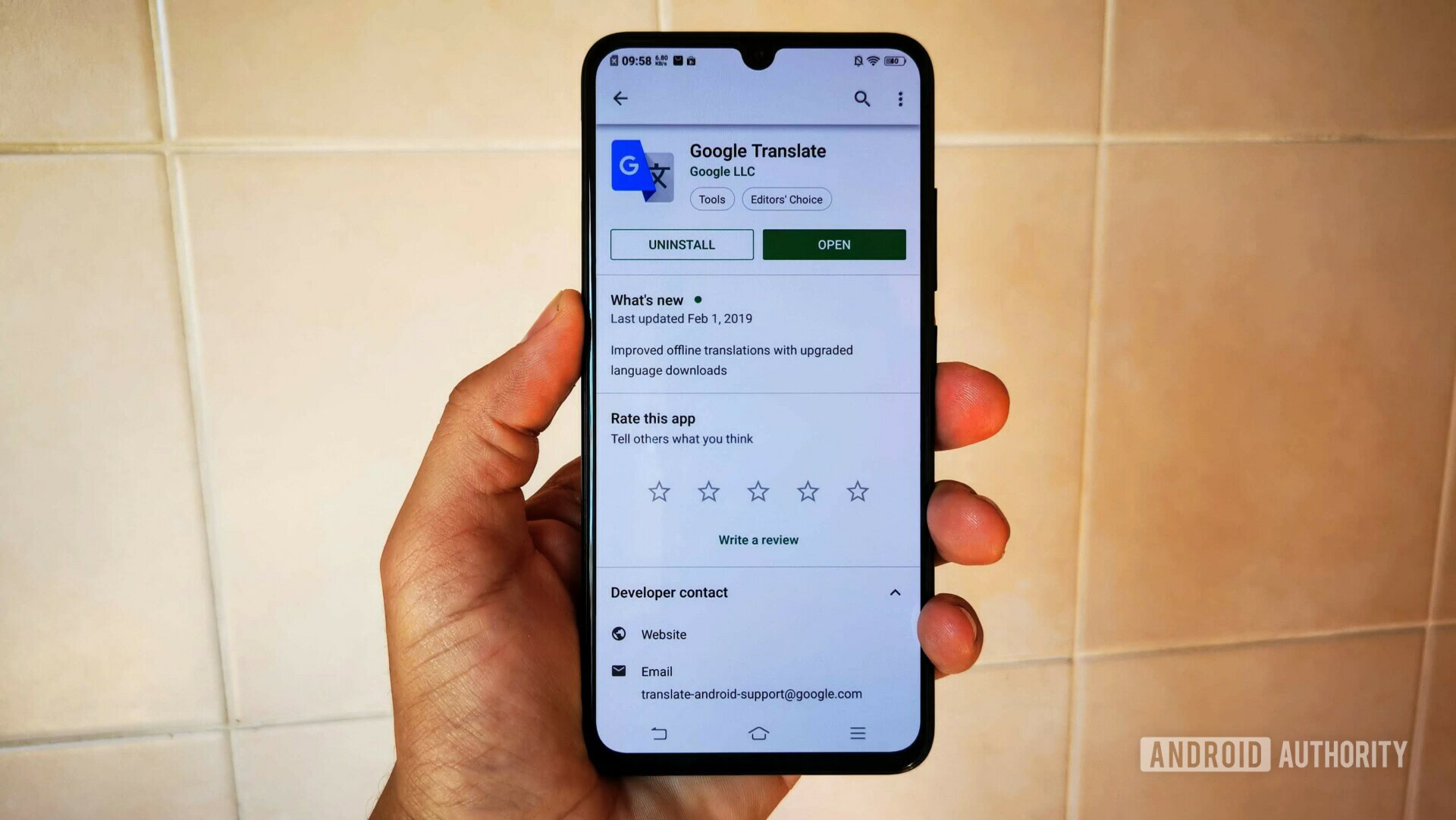Affiliate links on Android Authority may earn us a commission. Learn more.
Google could be working on a Duolingo rival to help you learn new languages

- Google is reportedly working on a service to teach foreign languages.
- The project is called Tivoli internally and is tipped to work via Google Search.
- It’s believed that the service could launch later this year.
Google has made plenty of strides over the years when it comes to AI and natural language processing, with services like Google Assistant and call screening using these smarts. The firm has also established Google Translate as one of the go-to services for language translation.
Now, The Information reports (h/t: MySmartPrice) that Google is working on a service that uses conversational AI to teach foreign languages via Google Search. The project is called Tivoli internally, according to the outlet’s sources, and will likely be launched later this year.
Tivoli’s development reportedly started two years ago using the Meena neural conversation model, which has evolved into LaMDA (Language Model for Dialog Applications). Google demonstrated LaMDA at its I/O conference last month, with the model able to respond to more subtle conversational cues without resorting to simply spitting out facts.
It’s believed Tivoli will initially work via text, but employees are apparently trying to figure out ways of bringing it to Google Assistant and YouTube. One example of a YouTube use-case obtained by the outlet is that Tivoli would create language quizzes, with viewers recording themselves after watching a video. The AI would then process the recorded video to rate how viewers performed.
The Information‘s sources add that an AI-powered service that teaches new languages is a “practical-use but low-stakes case” where minor errors are unlikely to have serious consequences.
Would you use a service like this over real-world language lessons, apps like Duolingo, and other solutions? Let us know below.